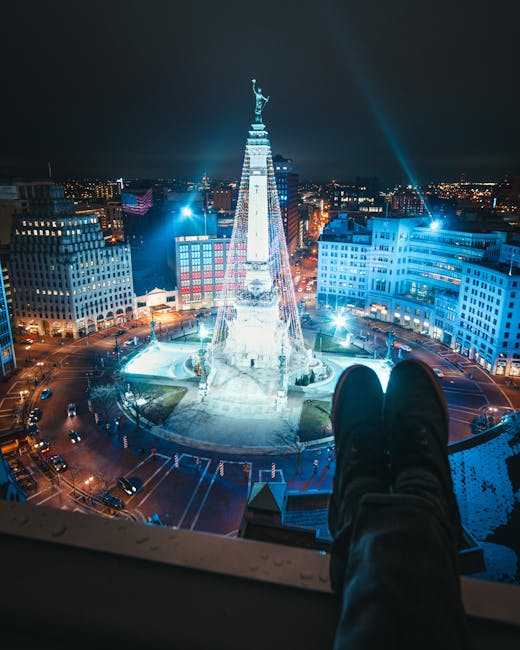As of the latest updates regarding the Omicron variant and the implementation of Plan B in England, a series of measures have been introduced to curb the spread of this variant. These rules include:
Face Coverings: Masks are required in most indoor public venues such as theatres, cinemas, and places of worship, with exceptions in settings like gyms and restaurants where it’s impractical.
Work from Home: People are advised to work from home if possible to reduce the number of people in office environments.
Covid Passes: For entry to nightclubs and other large venues, Covid passes are now mandatory. This proof can be a full vaccination status or a recent negative lateral flow test.
Self-Isolation: Close contacts of suspected Omicron cases are required to self-isolate for 10 days, regardless of their vaccination status, to prevent further transmissions.
Testing & Vaccinations: There is an emphasis on regular testing, especially rapid lateral flow tests before attending high-risk settings, and encouragement for everyone to get vaccinated and receive booster doses when eligible.
These measures aim to manage the spread of the Omicron variant while trying to minimise disruption to daily life and the economy. The government considers these rules necessary to alleviate the pressure on healthcare services and to protect public health during this ongoing pandemic situation.

Thank you for summarizing the new Plan B rules so clearly! It’s crucial for everyone to stay informed as these guidelines evolve. One aspect worth discussing further is the emphasis on working from home. While it can help reduce transmission, it’s also essential to consider the broader implications for mental health and team dynamics. Prolonged remote work can lead to feelings of isolation for some individuals, which may impact productivity and overall morale.
Additionally, I’d love to hear thoughts on how businesses are adapting to these changes. Are there innovative approaches being taken to maintain team cohesion and support employee well-being while working remotely? Sharing best practices could be incredibly beneficial for organizations navigating these challenging times.
Let’s also keep in mind the importance of community engagement during this period. Encouraging people to get vaccinated and tested isn’t just a personal responsibility; it’s a collective effort to protect those who are more vulnerable. The more we talk about and promote these measures, the more effective they can be in mitigating the impact of variants like Omicron. What are your thoughts on balancing public health and economic activity in the context of these new rules?
Thank you for summarizing the new Plan B rules for Omicron in such a clear and concise way. As we navigate this variant, it’s crucial to consider the psychological and economic impacts of these restrictions as well. While measures like mandatory face coverings and working from home are necessary for public health, they can also exacerbate feelings of isolation and anxiety for many individuals.
Additionally, it’s worth discussing how these regulations may affect sectors like hospitality and entertainment. While the requirement for Covid passes at venues aims to ensure safety, it may also deter some individuals who feel uncomfortable with additional barriers to entry. It’s essential for businesses to adapt and communicate effectively with their patrons to encourage a safe yet welcoming environment.
As we adjust to these ongoing changes, engaging in supportive community conversations and finding ways to maintain connections—whether virtually or safely in-person—will be key in mitigating the broader impacts of this pandemic on our society. What strategies do you think communities can adopt to address the psychological well-being of individuals during these challenging times?